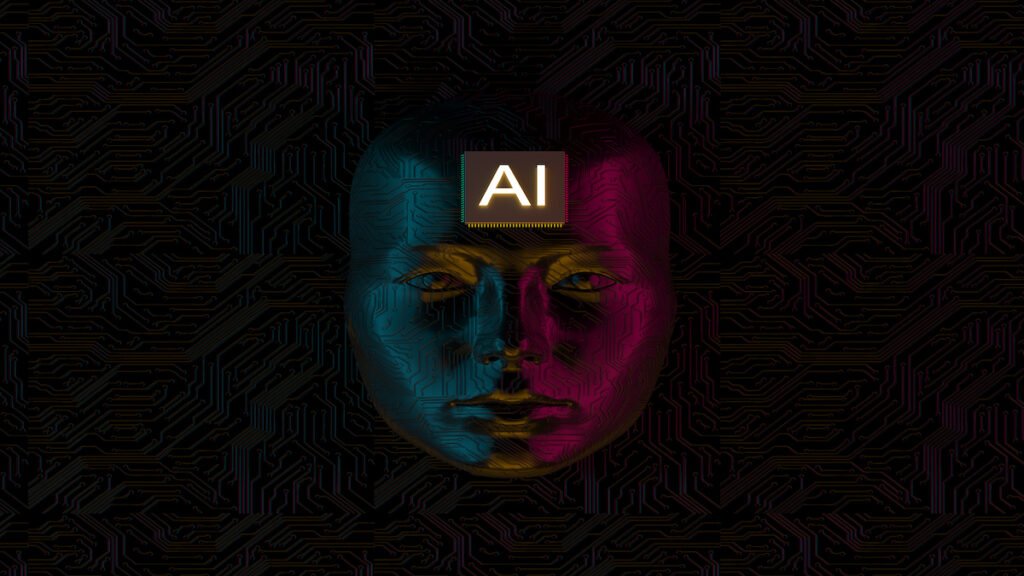Artificial General Intelligence (AGI) combines intelligent systems with reasoning capabilities akin to human cognition. AGI has remained elusive within the field of Artificial Intelligence (AI), notwithstanding decades of research and technological advancements.
Hovering in this realm of possibility is Q, an enigmatic OpenAI project shrouded in secrecy. Preliminary insights suggest that this computational phenomena could revolutionize AI as we perceive it. However, the advent of Q triggered internal uproar, with employees voicing concerns around its implications. The subsequent events led to the dismissal of OpenAI’s CEO, Sam Altman, adding another layer of mystery to Q*.
Unveiling Q*
Understanding Q* demands more than contemplating its theoretical underpinnings. It requires delving into Q*’s nature, capabilities, and potential to facilitate AGI.
Q* harnesses deep reinforcement learning algorithms, renowned for their effectiveness in tackling complex mathematical problems and logical reasoning tasks. Breaking from traditional AI methodologies, this learning paradigm allows Q* to draw from past mistakes and adjust its performance accordingly, akin to human cognitive processes.
The proof of Q*’s capability lies in its groundbreaking achievements. The system transcended the highly specialized AI modules, proving mathematical theorems — a feat traditionally deemed out of reach for AI, besides solving Sudoku puzzles indicating its superior logical deduction capabilities.

The Road to AGI: Promise and Peril
Propelled by Q*’s advancements, the potentialities of AGI are beginning to crystalize. The ability to mimic human cognitive functions, signify a future where AI might surpass mere task-solving capabilities to achieve true consciousness.
AGI’s arrival could transform society. From healthcare to technology and scientific research, AGI could catalyze breakthroughs, unlocking new frontiers of knowledge. However, this prospect isn’t bereft of concerns. Potential superintelligence poses existential threats to humanity, highlighting a perilous aspect of this tantalizing technological leap.
The Future of Q: A Glimpse into the Unknown
Despite the burgeoning excitement around Q*, nothing is certain about its capacity to enable genuine AGI. The stretch between specialized AI and AGI remains massive and riddled with challenges, demanding a cautious and responsible approach to AI’s future development.
The development of AGI must judiciously address ethical considerations and societal implications. Unregulated advances could lead to exceedingly autonomous AI, raising issues from unemployment to security threats, thereby necessitating a discourse that transcends scientific corridors.
Conclusion
What Q* presents is a pioneering step towards AGI, nestled within the broader AI landscape. It’s a testament to the possibilities, stirring recognition of AGI’s potential as a transformative technological marker.
Yet it is incumbent upon researchers, policymakers, and the public to collaboratively weigh the benefits and drawbacks of AGI in a transparent manner. As we edge closer to the horizon of AGI, the call for responsible innovation becomes more crucial. We must strive for a future where AGI aligns with the broader welfare of humanity, rather than posing a threat to its very existence.




